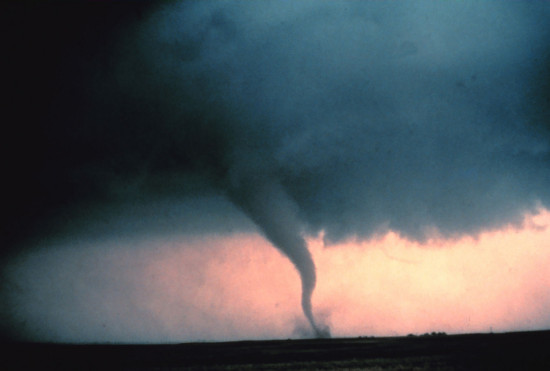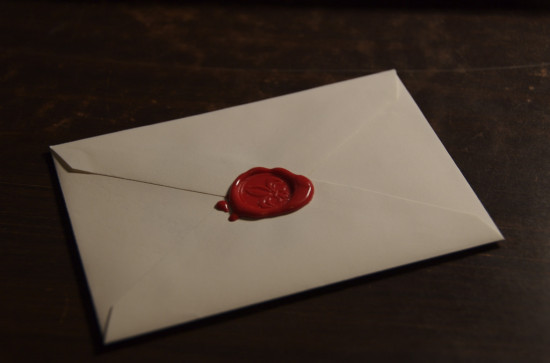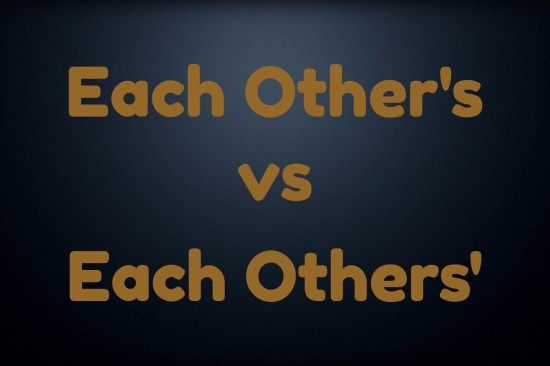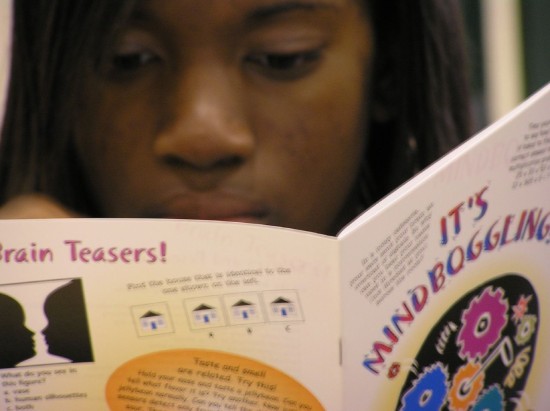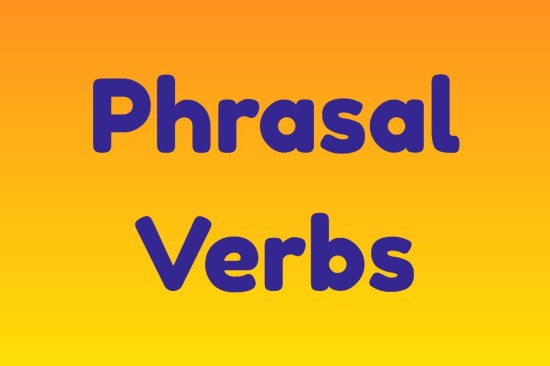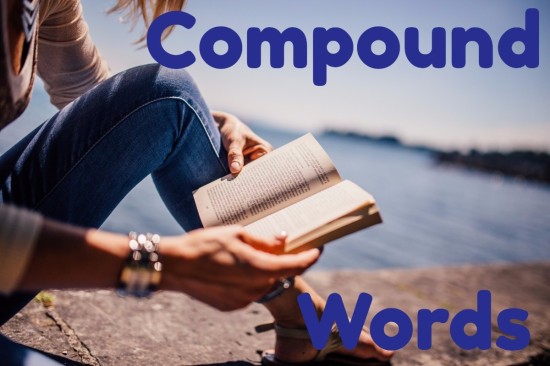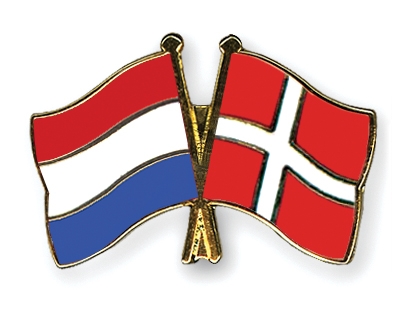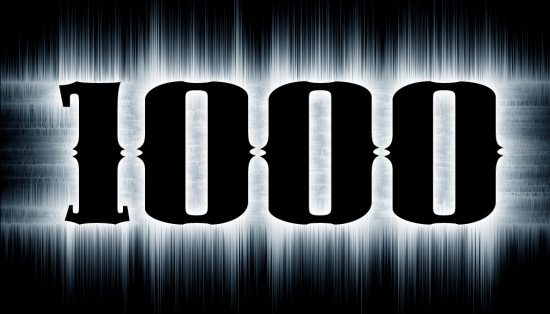
Oh wow! That’s a tough question. It depends on a whole lot of things. At the same time, you shouldn’t be intimidated.
1,000 words is actually a relatively short piece. A dissertation would usually be in the region of 12,000 words, and university assignments can stretch to essays of 5,000 words. No matter what your assigned
word count may be, some of the things that will influence the time it takes to write the essay include:
How long does it take to research an essay?
If you’re writing an opinion piece on something you already have some knowledge about, you may not have to do any research at all. It may just be a matter of organizing your existing thoughts into a coherent essay. If you need to find out about a topic before you begin to write, you can easily get information on certain topics, whilst others will be more obscure and therefore more difficult to research. Clearly, the easier it is to find information, the faster you can write.
How good are your reading comprehension skills?
Some of us can just skim a piece and pick up all the salient points. Others will have to read with more attention, and even re-read a piece several times to extract the information we need. Having good reading and comprehension skills makes writing much faster since you’re able to “get” the facts faster and organize them better. Now you know why you had to do so many reading comprehension tests at school.
How well did you plan?
Throwing yourself headlong at a 1,000-word essay and writing till you reach the word count may seem like the easy option, but it isn’t. Planning your essay so that it begins with an introduction, highlights the most important points you want to make and then wraps everything up into a conclusion actually saves you time. Sometimes, essay instructions will tell you how to structure the piece, so read them carefully and extract any information you can use to guide your essay’s structure.
How fast do you type?
Have you ever gotten lost halfway through a sentence? You know what you wanted to say, but halfway through, the thought slips away from you. The faster you can type, the more easily you can capture thoughts before your mind moves onto the next thing and you forget what you were trying to say. Typing skills are essential in the modern world. Consider using typing games to improve your speed.
How long does it take me to write a 1,000-word essay?
Faster isn’t always better. The more in-depth your report is meant to be, the longer you should spend on it. I can usually research and write a fairly technical magazine article of 1,000 words in three hours, but do remember that I’m a professional writer. I’m fast because I write all day, every day.
The longest I’ve ever spent on a 1,000-word article was 12 hours. It was absolutely brutal! The information I needed to gather was very technical, hard to find, and even more difficult to understand, and you can’t write something until you really understand the subject matter. I also had to contact experts for their opinions, but I couldn’t even ask about their opinions until I could target them with the right questions. As a result, I actually had to write most of the article before slotting in the expert comment.
The quickest I’ve ever written a 1,000-word article is one hour. In this case, I already knew the subject matter well and didn’t have to back up every fact in the essay with references.
Reviewing your work also matters
If you’re writing for grades and want a good one, you need a really good essay. Don’t start writing it the day before you have to hand it in. Try and get your first draft down at least a day or two before you have to submit your work. Then return to it and do your editing. Read your essay aloud to yourself, since this will help you pick up any careless errors you wouldn’t otherwise spot. Check to see if your information flows logically from one point to the next and make sure that you’ve presented your information clearly.
Remember, teachers get tired. They have to read the same kind of essay over and over again when they grade. If they struggle to understand what you’re saying, you might not get as good a grade as you would if you stuck to using short sentences and relatively simple language.
Your reviewing process shouldn’t take all that long. If you don’t have to make a lot of changes, you should be able to do your final edit in under half an hour.
Take your time. Whatever you do, don’t rush. You might want your essay to be written quickly, but if it’s an important essay, taking your time will give you a better finished product. Budget your time conservatively. It’s better to find that you’ve still got time left over than to run out of time and end up dashing things off with a looming deadline.
Below are some basic guidelines if you need a rough estimate on how long it will take to write an essay. It’s important to remember that there are a plethora of mitigating factors that can increase or decrease the time it takes to write. The below numbers are using an estimate that it takes about 3 hours 20 minutes to write a 1000 word essay:
How long does it take to write a 100 word essay?
It takes about 20 minutes to write a 100 word essay.
How long does it take to write a 200 word essay?
It takes about 40 minutes to write a 200 word essay.
How long does it take to write a 250 word essay?
It takes about 50 minutes to write a 250 word essay.
How long does it take to write a 300 word essay?
It takes about 1 hour to write a 300 word essay.
How long does it take to write a 400 word essay?
It takes about 1 hour and 20 minutes to write a 400 word essay.
How long does it take to write a 500 word essay?
It takes about 1 hour and 40 minutes to write a 500 word essay.
How long does it take to write a 600 word essay?
It takes about 2 hours to write a 600 word essay.
How long does it take to write a 700 word essay?
It takes about 2 hours and 20 minutes to write a 700 word essay.
How long does it take to write a 800 word essay?
It takes about 2 hours and 40 minutes to write a 800 word essay.
How long does it take to write a 900 word essay?
It takes about 3 hours to write a 900 word essay.
How long does it take to write a 1,000 word essay?
It takes about 3 hours and 20 minutes to write a 1,000 word essay.
How long does it take to write a 1,250 word essay?
It takes about 4 hours and 10 minutes to write a 1,250 word essay.
How long does it take to write a 1,500 word essay?
It takes about 5 hours to write a 1,500 word essay.
How long does it take to write a 1,750 word essay?
It takes about 5 hours and 50 minutes to write a 1,750 word essay.
How long does it take to write a 2,000 word essay?
It takes about 6 hours and 40 minutes to write a 2,000 word essay.
How long does it take to write a 2,500 word essay?
It takes about 8 hours and 20 minutes to write a 2,500 word essay.
How long does it take to write a 3,000 word essay?
It takes about 10 hours to write a 3,000 word essay.
How long does it take to write a 3,500 word essay?
It takes about 11 hours and 40 minutes to write a 3,500 word essay.
How long does it take to write a 4,000 word essay?
It takes about 13 hours and 20 minutes to write a 4,000 word essay.
How long does it take to write a 4,500 word essay?
It takes about 15 hours to write a 4,500 word essay.
How long does it take to write a 5,000 word essay?
It takes about 16 hours and 40 minutes to write a 5,000 word essay.
How long does it take to write a 6,000 word essay?
It takes about 20 hours to write a 6,000 word essay.
How long does it take to write a 7,000 word essay?
It takes about 23 hours and 20 minutes to write a 7,000 word essay.
How long does it take to write a 7,500 word essay?
It takes about 25 hours to write a 7,500 word essay.
How long does it take to write an 8,000 word essay?
It takes about 26 hours and 40 minutes to write an 8,000 word essay.
How long does it take to write a 9,000 word essay?
It takes about 30 hours to write a 9,000 word essay.
How long does it take to write a 10,000 word essay?
It takes about 33 hours and 20 minutes to write a 10,000 word essay.
How long does it take to write a 12,500 word essay?
It takes about 41 hours and 40 minutes to write a 12,500 word essay.
How long does it take to write a 15,000 word essay?
It takes about 50 hours to write a 15,000 word essay.
How long does it take to write a 20,000 word essay?
It takes about 66 hours and 40 minutes to write a 20,000 word essay.
How long does it take to write a 25,000 word essay?
It takes about 83 hours and 20 minutes to write a 25,000 word essay.
How long does it take to write a 50,000 word essay?
It takes about 166 hours and 40 minutes to write a 50,000 word essay.
(Image courtesy of Miguel)
